Conveyancing
Have questions about conveyancing? Don't worry, we have the asnwers. Find out all you need to know right here
Simple Conveyancing - Cheap Online Conveyancing Comparison
Conveyancing is the legal process of exchanging contracts when you buy a house - the transfer of property ownership from one to another.
Do your own conveyancing .. Are you sure?
Sounds like you could save a few pounds by doing it yourself doesn’t it? It’s not advisable. Not if you want to ensure that the people selling you a house have the legal right to do so, or if you want a relatively quick and smooth transaction as you move to your dream home. It is a cost worth paying. But, you can save time and money by using an online conveyancing service. There is no getting away from it, the conveyancing process is something of an unknown quantity. Each property transaction can vary greatly – as your professionals search for and verify titles and deeds.
So how much should my conveyancing cost me?
Conveyancing costs vary greatly. Conveyancing quotes online they can go from £199 up to £1,200 plus. Lower fees will probably mean that you are dealing with a larger firm, which has a high volume of transactions and can afford to be competitive. Just because a legal firm is putting a high price on their conveyancing services, doesn’t mean they offer the better service. As we all know, cost alone is not an indication of service or quality.
Is online conveyancing quicker?
There are a few types of conveyancers in this world: Those who are rigidly old school, those who are super progressive doing all work online, and those who manage to combine the best of both worlds. Online conveyancing solicitors are the way forward. It can be an excellent time saver. Many of the more progressive law firms have fantastic IT facilities and excellent team structures in place. Case management allows clients to be regularly updated on their transaction; just by logging on they can check that they are on track. It is always good practice to combine this efficient 21st century approach with the reassurance of being able to verbally communicate with your conveyancing solicitor if required, so that costs don’t climb unexpectedly. It is a good idea to call or contact the conveyancer before you take on their services, and not just to have an idea of costs. If you have trouble getting through, that could well be a pre cursor to the accessibility of your solicitor during the transaction. If you have to leave a message and it takes more than a day to return your call are you sure you want them to be responsible for a £200,000 purchase? A client/conveyancer relationship could last two to three months so when you do speak try and gauge his or her temperament. It is important that you trust your conveyancer, being kept informed and updated on the entire process will ensure a smooth transition to your new home. There are three stages in the conveyance process and they are as follows:
Conveyancing Stage One - Pre-exchange
This is when the initial draft contract is conceived to be negotiated by the parties involved. It will include details on costs, parties involved, and any other important information, such as deposits and the seller’s title deeds. You should always make sure to get a copy of the contract from your conveyancer before agreeing to anything. Once all the necessary enquiries are made and everyone is satisfied with the terms and conditions, a formal mortgage offer is made.
Conveyancing Stage Two - Exchange of Contracts
Once you are satisfied with the contracts, they are signed and exchanged and the buyer pays their initial deposit. After this both parties are legally bound and may not back out of the transfer. A transfer document is then drawn up, which transfers the title of the property from the seller to the buyer, which both parties must sign. Next come the mortgage documents, which cover all the details of the buyer’s mortgage and ensure money will be available to complete the sale. They must also be signed. Final enquiries are then carried out to make sure nothing is registered against the seller, such as undisclosed mortgages.
Conveyancing Stage Three - Completion
The property is finally yours. The buyer receives the keys and the seller must move out on this day, if they haven’t already. Payment must also be completed, which covers the cost of the house minus the deposit, and then the buyer will receive their copy of the transfer document, as well as the title deeds. Extra costs will need to be covered in addition to the price of the property. These include Land Registry fees and stamp duty, if necessary. There will be some loose ends to tie up, although the conveyancer will take care of these. These duties include notifying the relevant authorities of the completed transfer, registering the ownership at the Land Registry, paying stamp duty, and sending you a statement of completion.
